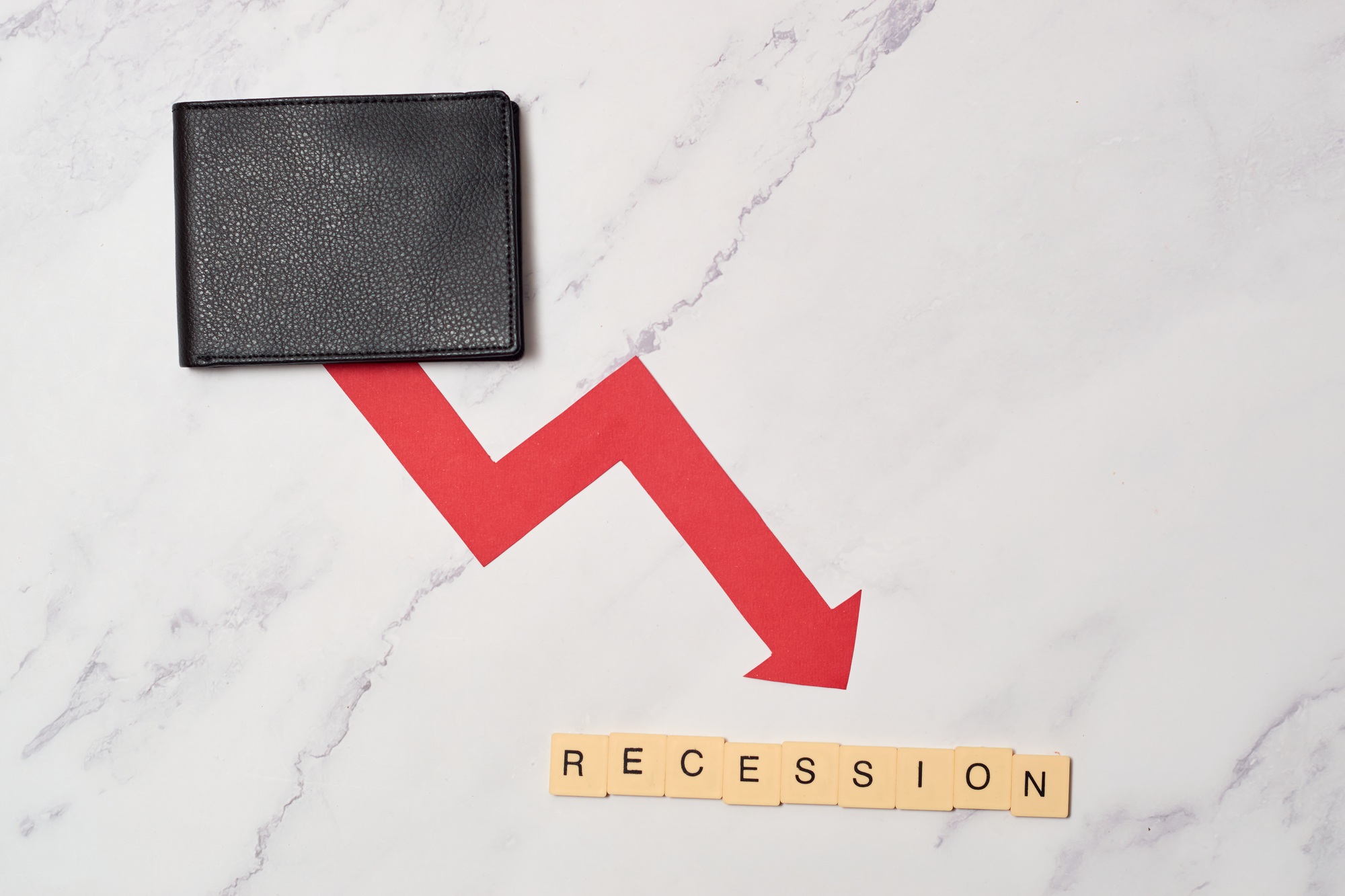With economic uncertainties rising, individuals are increasingly concerned about the potential impact of a recession on their personal finances. Experts suggest that proactive measures can help mitigate risks and secure financial stability during these challenging times.
Recent market fluctuations and economic indicators point toward a possible recession, prompting many to review their financial strategies. While the exact timing and severity remain uncertain, preparing now can make a significant difference in weathering the storm.
This article outlines seven practical tips to shore up your finances in the face of potential economic downturns. These strategies are designed to help you manage your money more effectively, build resilience, and avoid common pitfalls during turbulent times.
First and foremost, building an emergency fund is crucial. Experts recommend saving enough to cover three to six months of living expenses. This fund acts as a financial cushion, providing peace of mind if income is disrupted or expenses unexpectedly increase.
Secondly, reducing high-interest debt should be a priority. Paying down credit card balances and personal loans can decrease financial strain and improve your cash flow, making it easier to handle unforeseen expenses.
Third, reviewing and adjusting your budget is essential. Identify areas where expenses can be minimized or deferred, and focus on maintaining a disciplined spending pattern. This helps ensure that essential needs are prioritized while avoiding unnecessary expenditures.
Fourth, diversifying your investment portfolio can protect your assets from market volatility. Consider reallocating investments cautiously and consulting with a financial advisor to align your holdings with your risk tolerance and long-term goals.
Fifth, enhancing your income streams can provide additional financial security. Exploring side jobs, freelancing, or passive income opportunities can supplement your primary income and reduce reliance on a single source.
Sixth, staying informed about economic trends and policy changes enables you to make timely financial decisions. Regularly monitoring news and consulting with financial experts can help you adapt your strategy as circumstances evolve.
Finally, focusing on long-term financial health rather than short-term gains is vital. Maintaining disciplined savings habits and avoiding impulsive investments during downturns can help preserve your wealth and set the stage for future growth.
What is the most important step to prepare for a recession?
The most critical step is building and maintaining an emergency fund to cover unexpected expenses and provide financial stability during uncertain times.
How can debt reduction help during a recession?
Reducing high-interest debt decreases monthly obligations, improves cash flow, and reduces financial stress if income decreases.
Why should you diversify your investments during economic downturns?
Diversification minimizes risk by spreading investments across various asset classes, helping to protect your portfolio from market volatility.







